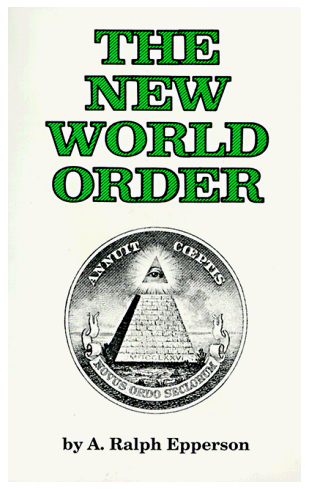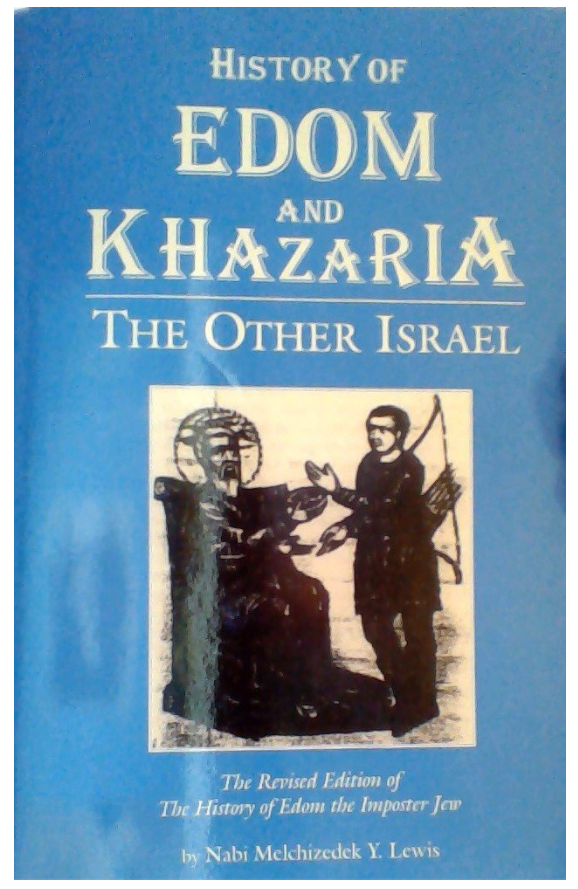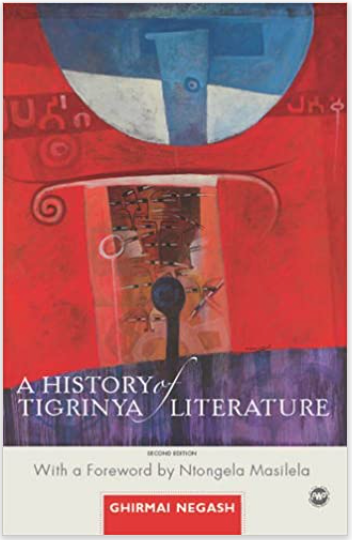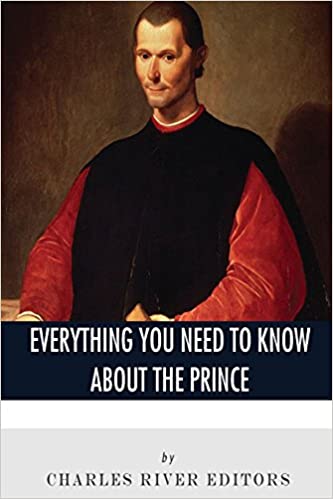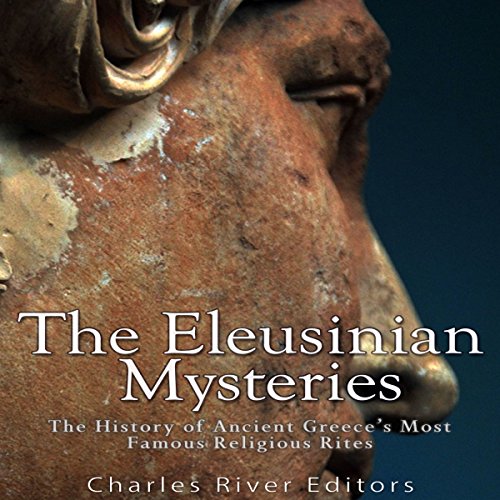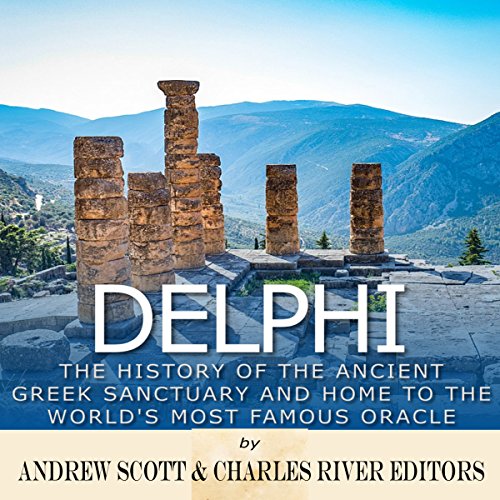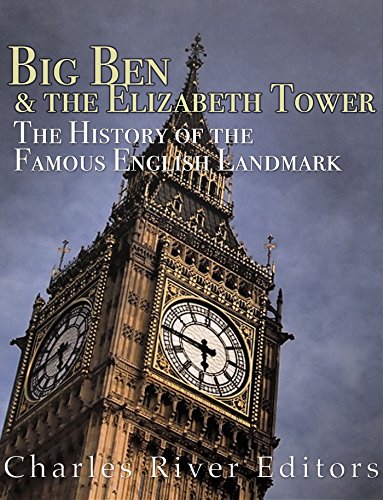Cantre'r Gwaelod: The Mysterious Legend of the Ancient Sunken Kingdom Known as the Welsh Atlantis
ISBN: 9781691003549
*Includes pictures
*Includes excerpts of contemporary sources
*Includes a bibliography for further reading
“We can trace almost all the disasters of English history to the influence of Wales.” - Evelyn Waugh, English novelist
Wales is a whimsical country with a powerful, complex, myth-filled and oft disputed history. In 2004, geneticists working with geographers and archaeological colleagues undertook a “People of the British Isle” study. They sought out thousands of volunteers, all four of whose grandparents had been born in the same place, and they analyzed their genetic make-up. “Modern genetic analysis can read the patterns of variation in our complete set of DNA . . . that change subtly over time,” producing a genetic signature that reveals geographical origins. This provides a window into history and helps explain why Wales is so singular and self contained. (Settlers: Genetics, geography and the peopling of Britain N D). The results of this project confirmed that the Welsh are unique, despite the common belief that the term “Celtic” is an homogenous concept that can be used as an overall term that includes the Irish, the Welsh, the Scottish clans, and Cornwellians. “Celtic” is much more nuanced.
The study revealed that there are 17 distinct genetic clusters of people in the modern United Kingdom: the dominant clusters are in Central and Southern England; nine smaller clusters are identified in England and Wales; Western Scotland and Northern Ireland share a great deal of genetic material; and Cornish, Welsh, Irish and Scottish, normally thought of as “Celtic,” are significantly genetically diverse. The real kicker is that the present Welsh are much more closely related to the original Britons than the rest of the inhabitants of the United Kingdom. The “settlers” project concludes that “the Welsh are the true, pure Britons, according to the research that has produced the first genetic map of the UK.” (Settlers: Genetics, geography and the peopling of Britain. N D)
*Includes excerpts of contemporary sources
*Includes a bibliography for further reading
“We can trace almost all the disasters of English history to the influence of Wales.” - Evelyn Waugh, English novelist
Wales is a whimsical country with a powerful, complex, myth-filled and oft disputed history. In 2004, geneticists working with geographers and archaeological colleagues undertook a “People of the British Isle” study. They sought out thousands of volunteers, all four of whose grandparents had been born in the same place, and they analyzed their genetic make-up. “Modern genetic analysis can read the patterns of variation in our complete set of DNA . . . that change subtly over time,” producing a genetic signature that reveals geographical origins. This provides a window into history and helps explain why Wales is so singular and self contained. (Settlers: Genetics, geography and the peopling of Britain N D). The results of this project confirmed that the Welsh are unique, despite the common belief that the term “Celtic” is an homogenous concept that can be used as an overall term that includes the Irish, the Welsh, the Scottish clans, and Cornwellians. “Celtic” is much more nuanced.
The study revealed that there are 17 distinct genetic clusters of people in the modern United Kingdom: the dominant clusters are in Central and Southern England; nine smaller clusters are identified in England and Wales; Western Scotland and Northern Ireland share a great deal of genetic material; and Cornish, Welsh, Irish and Scottish, normally thought of as “Celtic,” are significantly genetically diverse. The real kicker is that the present Welsh are much more closely related to the original Britons than the rest of the inhabitants of the United Kingdom. The “settlers” project concludes that “the Welsh are the true, pure Britons, according to the research that has produced the first genetic map of the UK.” (Settlers: Genetics, geography and the peopling of Britain. N D)






